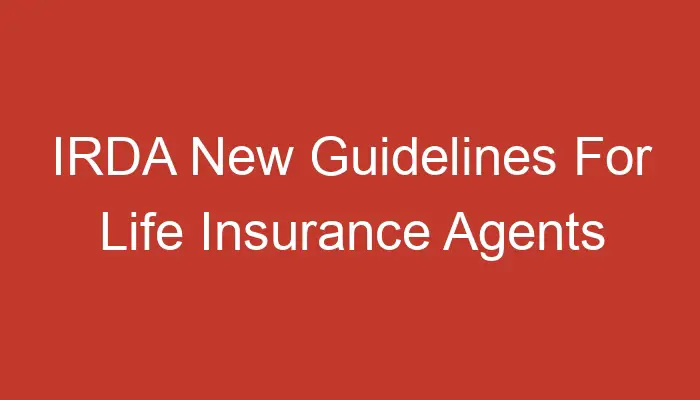Every day we make mistakes. Because of uncertainty, investments are no different. It is important to avoid common investment mistakes. Although peer to peer lending is the newest and fastest-growing investment platform in India, it does come with its risks. There is huge potential for lenders to make higher returns on their money than equity, given the large […]
Category Archives: Finance Guide
As a new driver, getting behind the wheel can be both exciting and nerve-wracking. But before you hit the road, it’s important to make sure you have auto insurance coverage. While protecting yourself and your vehicle is crucial, many new drivers may wonder just how much this protection will cost them. In this article, we’ll […]
The perceived value of an insurance agency is affected by three things: 1) earnings, 2) future earnings, and 3) market conditions. These are the same factors that affect the value of any investment. This article will explore each aspect of insurance agency selling in order to help agency owners understand the best ways to prepare. “Pro Forma Earnings” and the […]
Motorcycle insurance without a license Most people believe that it is impossible to obtain vehicle insurance without a driving license. While this is true for most people it does not mean that you cannot get auto insurance without a driver’s license. This applies to both motorcycles and other vehicles. You might wonder how can I get motorcycle insurance […]
Are you planning your next adventure and wondering if your credit card offers travel insurance? If you’re a Bank of America Travel Rewards cardholder, you may be curious about what kind of coverage comes with your rewards program. Travel insurance can provide peace of mind while traveling, protecting you against unexpected mishaps like trip cancellations […]
My firm regularly assists agency owners with the planning and execution for the sale of their businesses. With the 2013 tax hikes, some key questions are being raised more often. I thought it would help to bring these issues to a wider audience through the dialogue that follows. Although the information is quite detailed, it is intended […]
Internet leads are unique from other sales leads. They are created differently. They are instantly delivered. They are different from traditional leads. It is not surprising that an effective approach to selling Internet insurance leads is different from traditional leads. A consumer uses an Internet search engine like Google, Yahoo or MSN to find information about the product they […]
47% residents in Tacoma, Washington have a home. While home insurance is not required by law if you have mortgaged your home, you will most likely need to have one. Homeowners insurance is a wise purchase, even if you don’t have a mortgage. Tacoma homeowners pay on average $909 per annum for a $250,000 home. This is significantly lower than […]
You have now made it to the end of the prospecting process. You have made cold calls, sent mass mortgage mailers and invited people to your coffee-sponsored seminars. Now you are qualified as serious prospects and have scheduled the appointment. What now? Now what? These are five closing techniques that will help you close the deal and get […]
The recent decision by Insurance Regulatory & Development Authority may have been known to you if you represent any Indian Life Insurance Company as an Insurance Agent. This is the Insurance Regulatory & Development Authority’s decision: “Insurance Regulatory & Development Authority (IRDA) has taken a unique measure to punish agents if they fail to renew insurance […]










